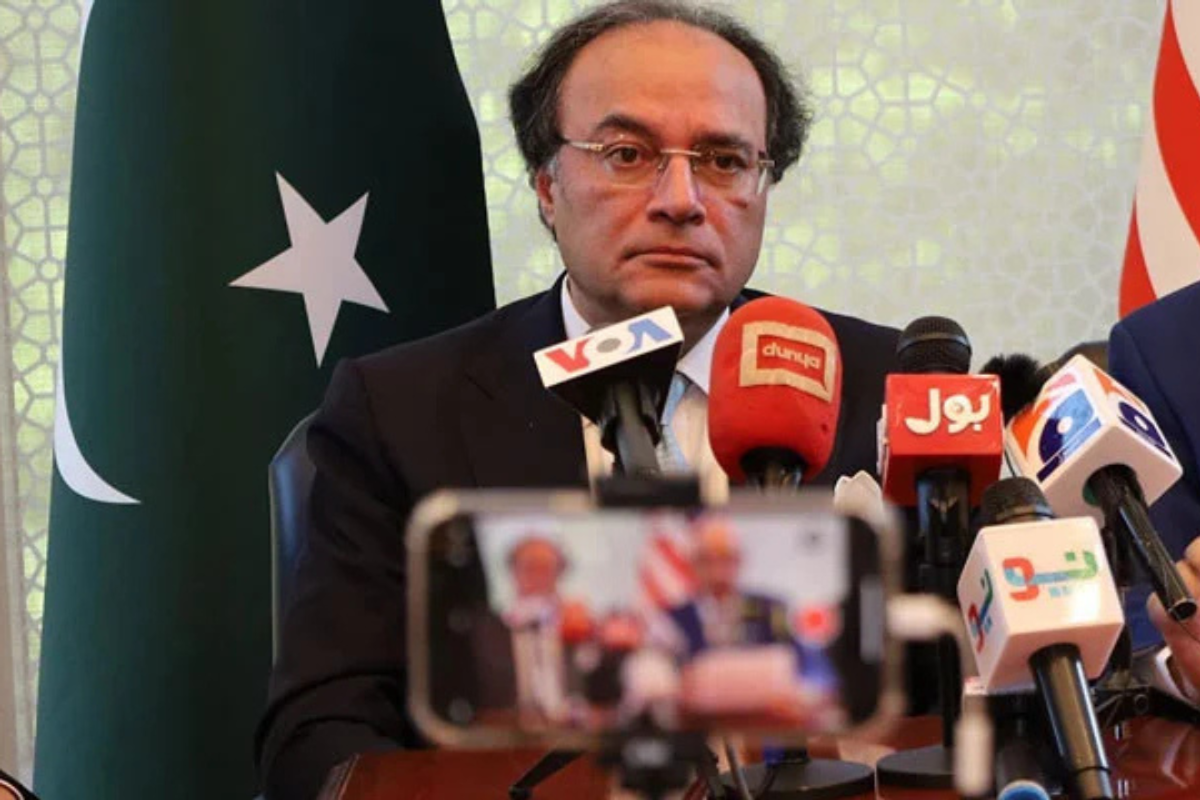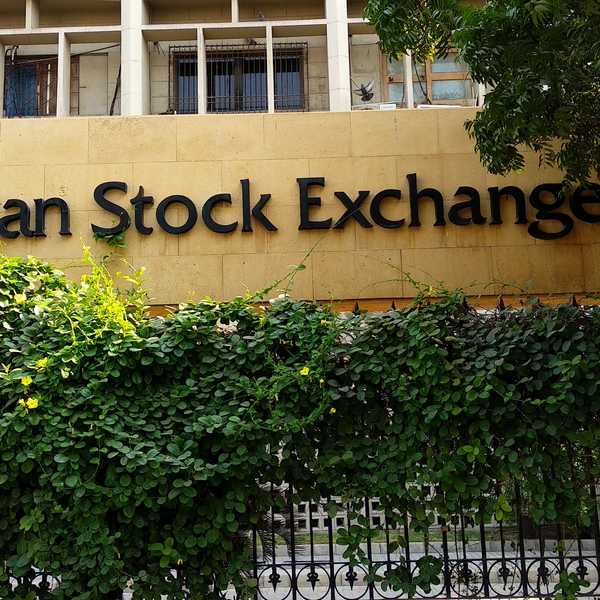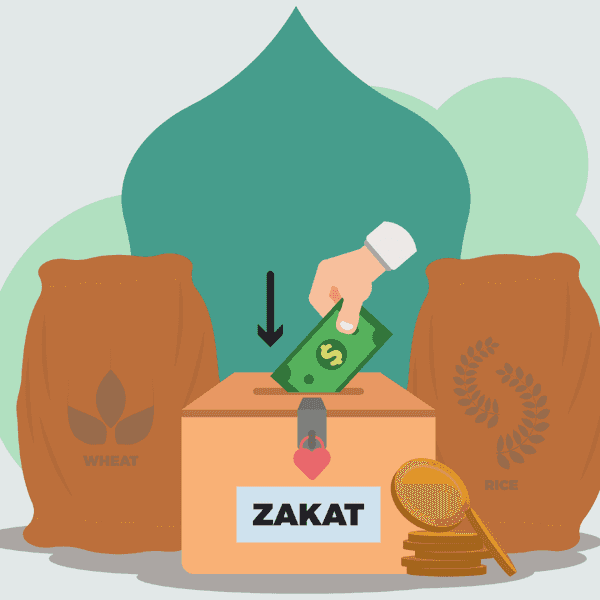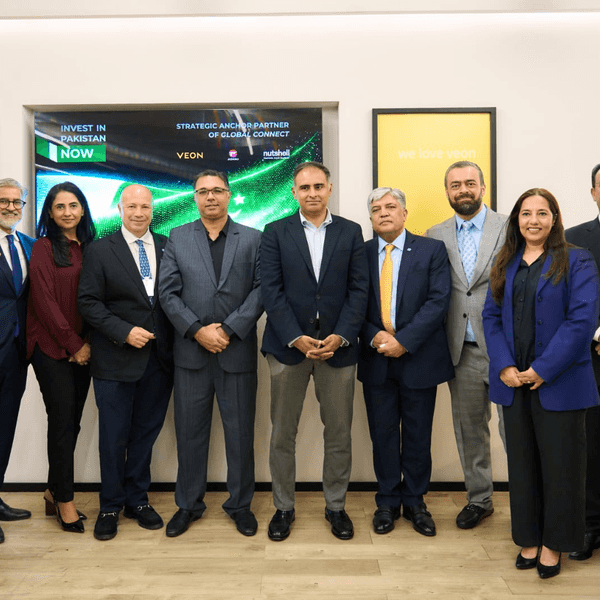Pakistan awaits US investments after ‘major success’ in trade talks, says finance minister
Aurangzeb hails progress on potential deal as Washington signals lower tariffs, sectoral investments, and deeper economic cooperation
Business Desk
The Business Desk tracks economic trends, market movements, and business developments, offering analysis of both local and global financial news.

Pakistan Finance Minister Muhammad Aurangzeb speaks to the media at the Pakistan embassy at Washington, DC
PID/File
Pakistan’s Finance Minister Muhammad Aurangzeb said Monday that the country is moving in the right direction following a successful round of trade negotiations with U.S. officials during his recent visit to Washington.
Speaking informally upon his return, Aurangzeb expressed optimism that the U.S. will soon announce major investment commitments across multiple sectors in Pakistan. “We achieved significant progress in key meetings during the trade talks,” he said. “The U.S. administration appreciated the efforts toward a potential trade deal with Pakistan.”
Aurangzeb called the outcome of the negotiations “a major success for the country”, adding that results will be visible soon. “We are pleased that the talks concluded on a mutually beneficial basis,” he said. “Now, we must take bold decisions that will help improve the national economy.”
Meanwhile, Minister of State for Finance Bilal Azhar Kayani confirmed that both countries are currently finalizing the finer details of the agreement, which includes prospective investment commitments by Washington.
“The agreement with more specifics will be negotiated in the months ahead,” Kayani said in an interview with Bloomberg TV’s Haslinda Amin. Pakistan is seeking improved tariff access for key exports to the U.S. and hopes to secure investments in critical sectors including energy, mining, and minerals, he said.
Kayani noted that Pakistan is working to strengthen its economic ties with the U.S. under President Donald Trump’s administration.
The renewed focus on economic cooperation comes as Pakistan’s Army Chief, Field Marshal Asim Munir, completes his second U.S. visit in less than two months—a signal of deepening relations.
In a significant breakthrough, Pakistan managed to secure a 19% levy—down from the previously imposed 29%—on some exports, a figure that is also more favorable than tariffs faced by other South Asian nations like India and Bangladesh.
The two sides are also discussing increased market access for U.S. goods, the removal of non-tariff barriers, and revisions to rules of origin regulations, Kayani added.
The U.S. remains Pakistan’s largest export market, with annual exports exceeding $5 billion as of 2024. Imports from the U.S. stand at around $2.1 billion.
Last month, President Trump announced the trade deal and said Washington would work with Pakistan to develop its “massive oil reserves”, with an American oil firm expected to lead the partnership.







Comments
See what people are discussing